The journal as a medium for communicating scientific knowledge is something we are all familiar with today. But just over 350 years ago this style of publication did not exist; those practicing science relied on monographs, pamphlets, and on personal correspondence with colleagues across the world.
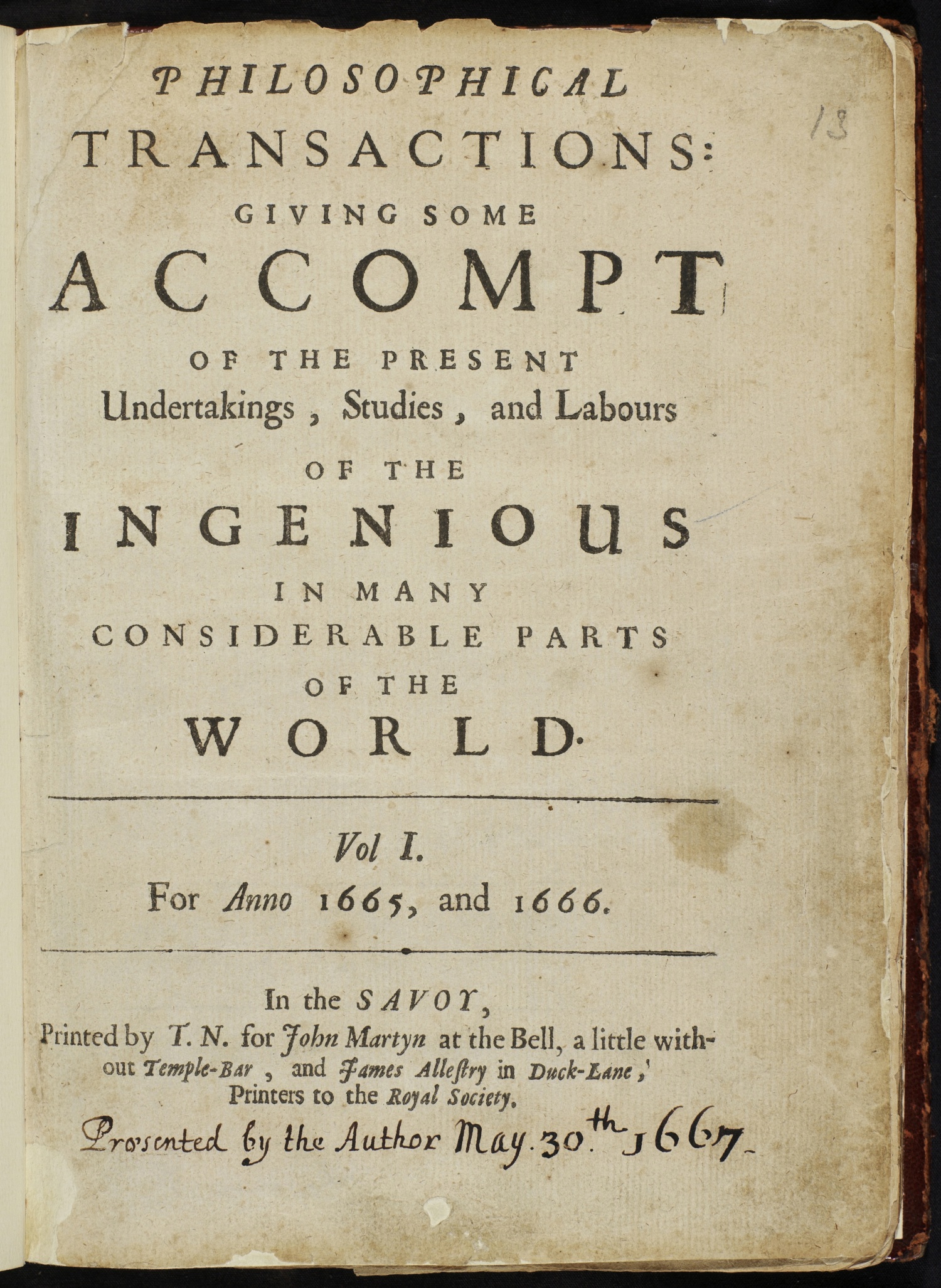
On the 6th March 2015 the Royal Society celebrates the 350th anniversary of its journal, the Philosophical Transactions, the earliest and longest-running scientific journal in the world. This blog briefly highlights episodes in the history of the Philosophical Transactions, from its beginnings in 1665 when the ‘journal’ was yet to be defined as a genre of scientific publishing, to its continued production in today’s electronic age.
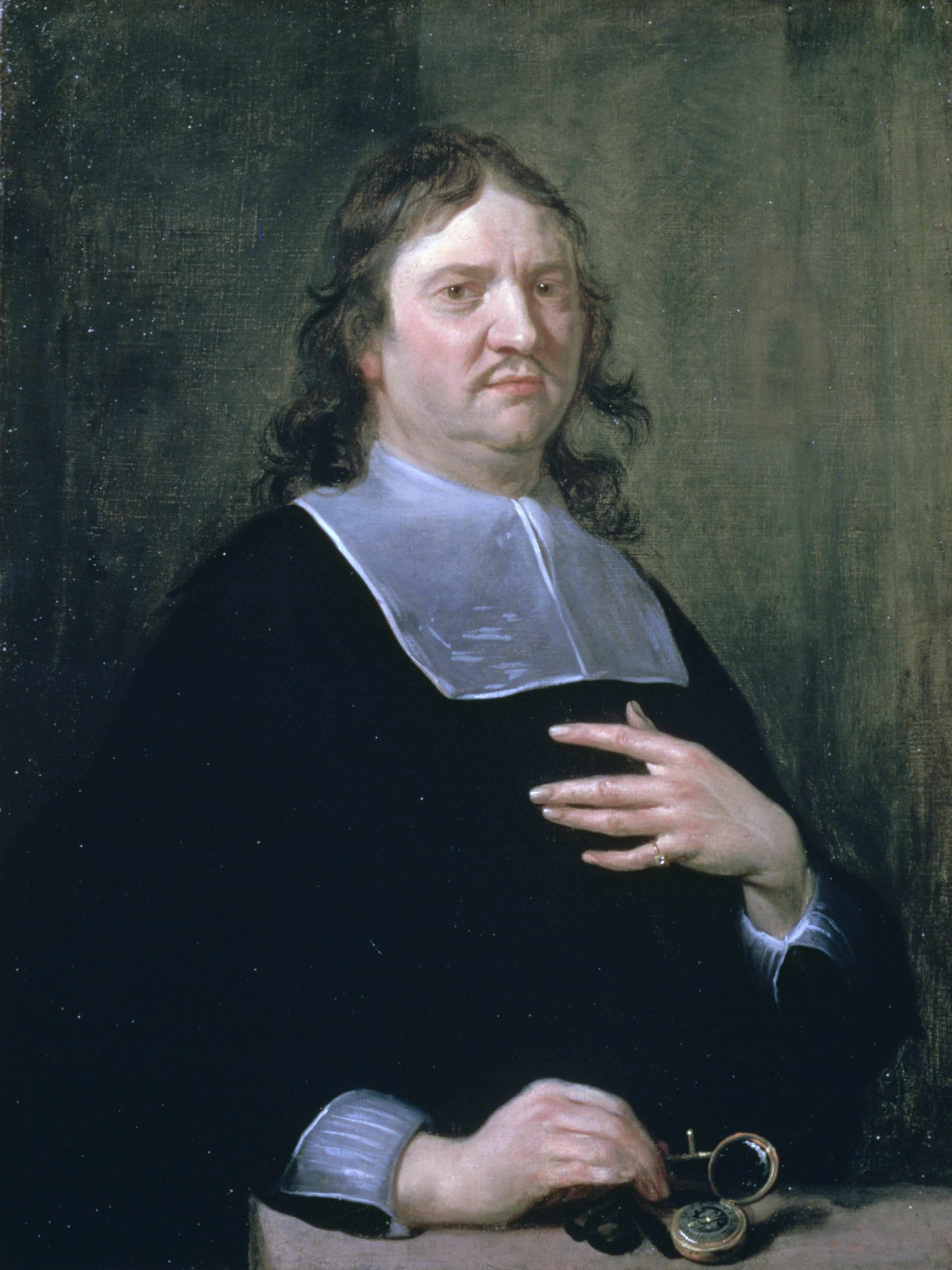
The history of the Philosophical Transactions is the focus of a project based at the University of St Andrews entitled ‘Publishing the Philosophical Transactions: the economic, social and cultural history of a learned journal, 1665-2015’. The early history of the Transactions is framed by the activities of Henry Oldenburg, polyglot and secretary to the Royal Society from 1663 to 1677, who spent a brief period in the Tower of London in 1667 for suspected treason, as a result of his receipt and translation of foreign correspondence during the Anglo-Dutch War. It was Oldenburg’s skill as translator, however, and his connections to men of science across Europe that provided the content for his nascent journal, the Transactions, in 1665, and created a form of print whose flexibility, diversity of content and speed of transmission immediately captured the imagination of seventeenth century ‘natural philosophers’ and sparked a revolution in science communication. The Transactions continued to be a prestigious publication into the eighteenth and nineteenth centuries, and was particularly important as practitioners of science became increasingly eager in the nineteenth century to see their discoveries published rapidly and to secure the credit for their inventions.
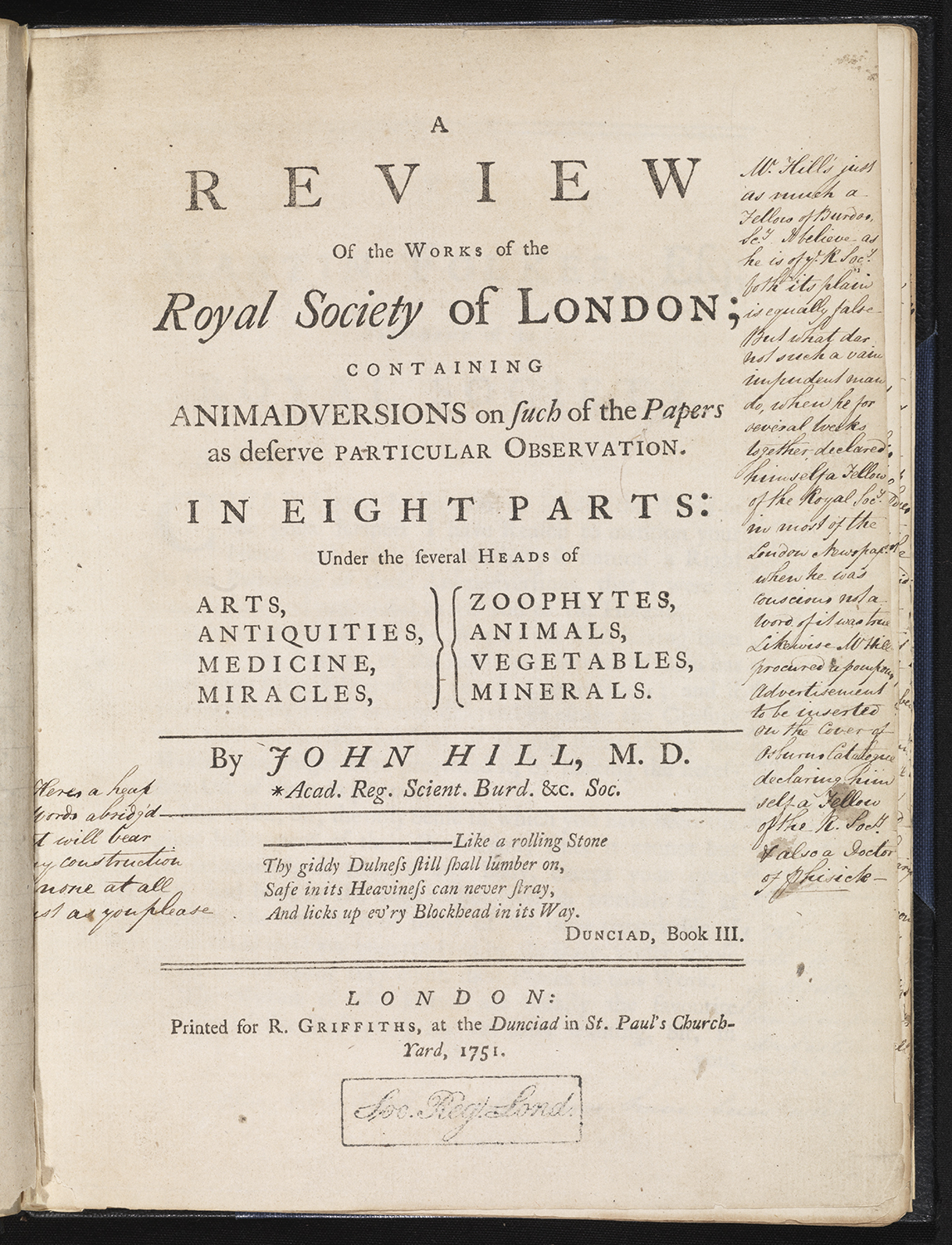
As well as the notable successes of the journal, the Transactions came up against a number of challenges: it survived in the face of criticism in the eighteenth century from a disenfranchised few outside the Society who believed the Society was not publishing the most scientific papers, and managed to ride out reform in the Royal Society in the nineteenth century due to unrest among the Fellowship. Interwoven with the social, political and cultural circumstances of the journal’s development are the stories of men and women of science who sought publication in the journal. Their experiences reveal how the editorial and reviewing processes evolved from Oldenburg’s sole editorial power, through decision-making by committee, to the use of written referee reports and discipline-based advisory editors.
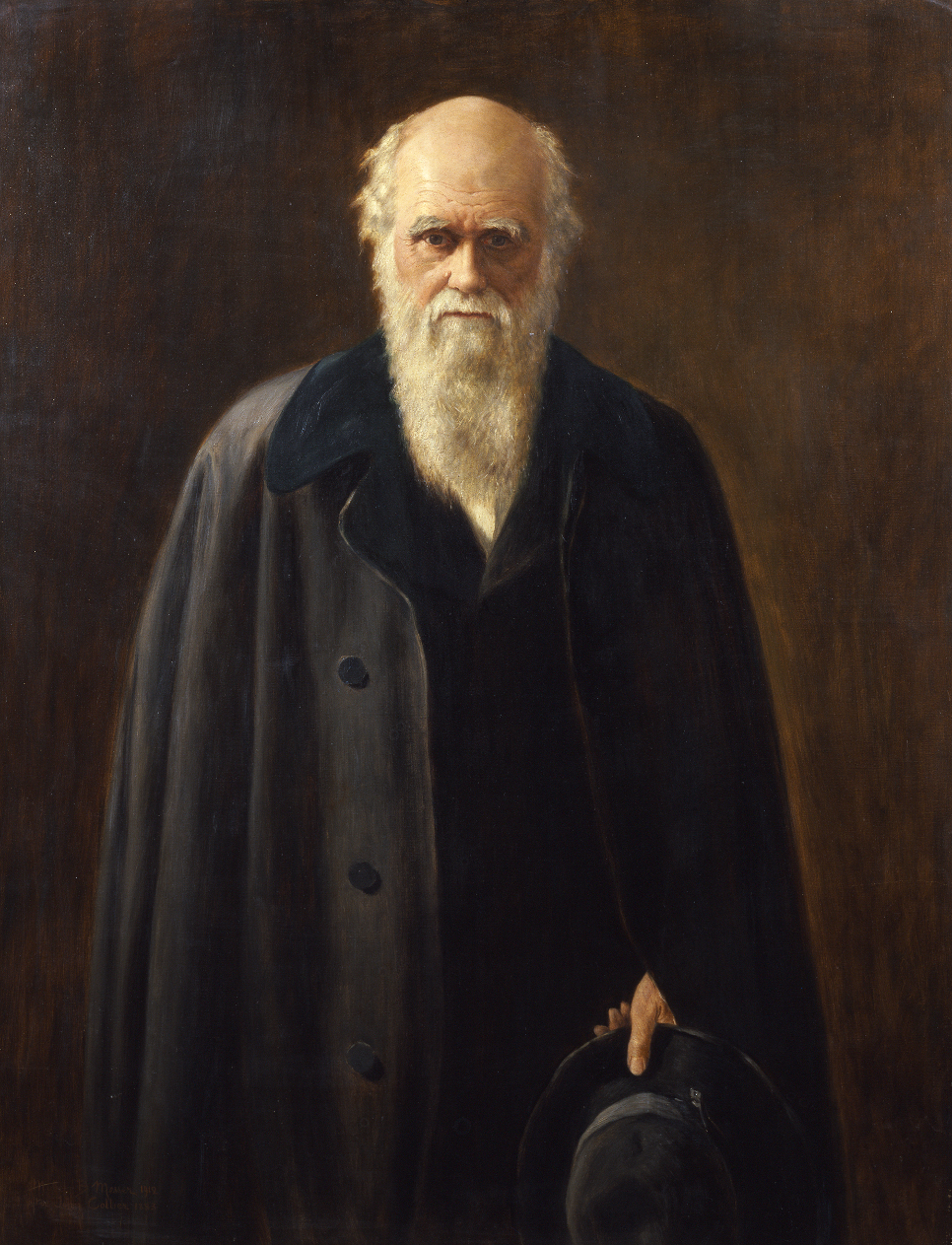
Even the naturalist Charles Darwin, for example, had to go through the reviewing process to get his paper published in the Transactions: Darwin faced criticism in 1839 from his referee, Adam Sedgwick, for the unnecessary wordiness in his paper on the parallel roads of Glen Roy. The paper was the only paper Darwin ever published in the Transactions (though he later acted as a referee on papers).
The financial history of the Transactions is also important, and up to the 1940s the journal ran at a loss. It was only after World War II that the journal’s income consistently exceeded expenditure. Today, the Society’s publishing section now hosts ten journals in total and has grown to include academic editors, commissioning editors and other professional members of a production team of twenty. The journal is delivered largely electronically and is distributed through institutional subscription rather than individual subscribers. The Royal Society and its publishing division, including Philosophical Transactions, continue to be at the forefront of debates about science publishing in an ongoing communication and information revolution.
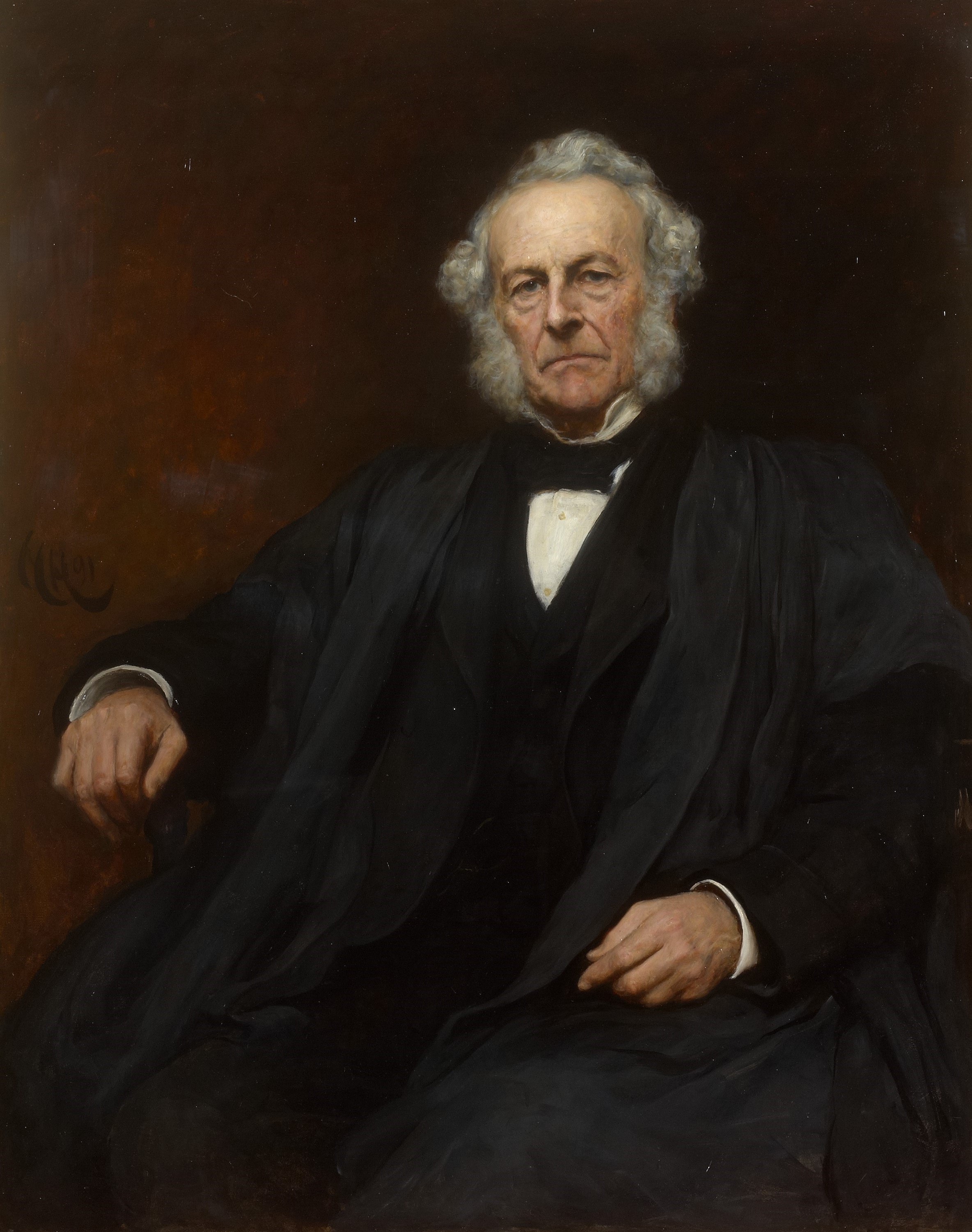
The Publish or Perish? Conference being held at the Royal Society from the 19th – 22nd March will address both the history of scientific publishing and its future through two public evening events royalsociety.org/events/2015/03/publish-or-perish/
An exhibition on the Transactions is currently open at the Royal Society and runs until June 2015. The exhibition is open to all and you can download the brochure here royalsociety.org/events/2014/12/pubs-350-exhibition/
Dr Julie McDougall-Waters
Research Fellow, University of St. Andrews
Explore records for the Philosophical Translations of the Royal Society on Copac.

